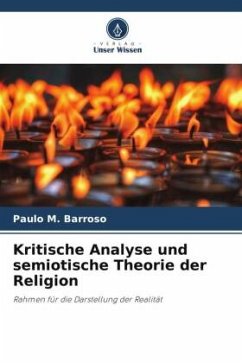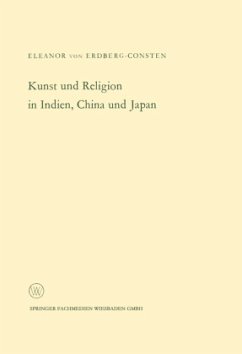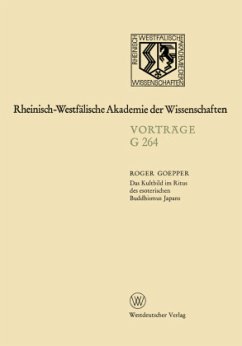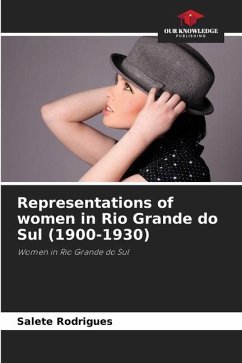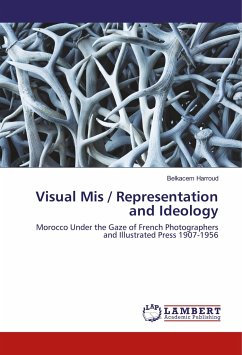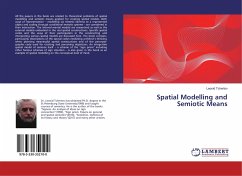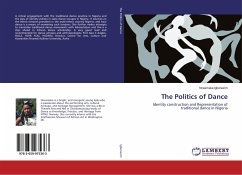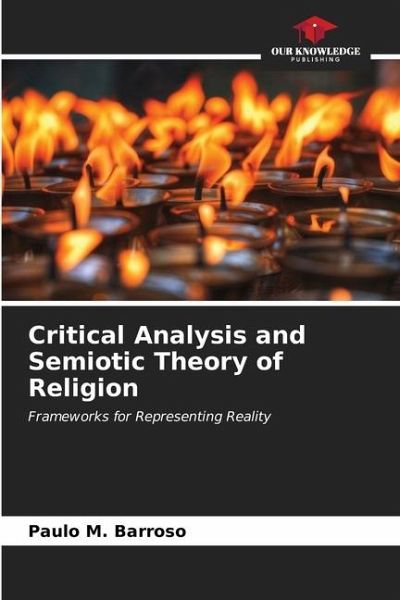
Critical Analysis and Semiotic Theory of Religion
Frameworks for Representing Reality
Versandkostenfrei!
Versandfertig in 6-10 Tagen
58,99 €
inkl. MwSt.

PAYBACK Punkte
29 °P sammeln!
In religious beliefs and rites, the attitudes, behaviours and actions of devotion are neither simple nor insignificant; they have symbolism, a spiritual dimension; they are demarcated and shrouded in sacredness. Semiotics applied to religion encompasses this ineffable symbolism and the symbols that form a discourse that does not manifest itself verbally, combining signifiers (the material, formal and perceptible part of the sign) and signifieds (semantic content). Since semiotics is the science that studies the life of signs within social life, we understand what the signs of religious experie...
In religious beliefs and rites, the attitudes, behaviours and actions of devotion are neither simple nor insignificant; they have symbolism, a spiritual dimension; they are demarcated and shrouded in sacredness. Semiotics applied to religion encompasses this ineffable symbolism and the symbols that form a discourse that does not manifest itself verbally, combining signifiers (the material, formal and perceptible part of the sign) and signifieds (semantic content). Since semiotics is the science that studies the life of signs within social life, we understand what the signs of religious experiences and practices are based on. The symbolic function is a mental activity of sign representation of something absent, but represented, symbolised and signified, such as transcendental, metaphysical, mystical, abstract, intangible and ineffable elements and entities that cannot be immanent. Therefore, religion (a system for configuring identity and existence) and symbols (a meaning-producing system) are inherent to human beings. There are no forms of human life without religion or symbols. Both are semiotic systems.



